21 Facts About US History That'll Challenge Everything You Learned In Grade School
- Oops!Something went wrong.Please try again later.
Recently, we wrote about wild historical facts (from this Reddit thread) that might challenge what you think you know — and now we're back for even more! Here are 21 historical facts about the US you probably didn't learn in school.
1.In our last post, we talked about how Paul Revere didn't even complete the Midnight Ride. Well, we're back with another doozy for ya: Teenager Sybil Ludington may have also done a midnight ride the same night to warn of the British. In fact, it's said she rode 40 miles, which is much farther than it was originally said Revere road.
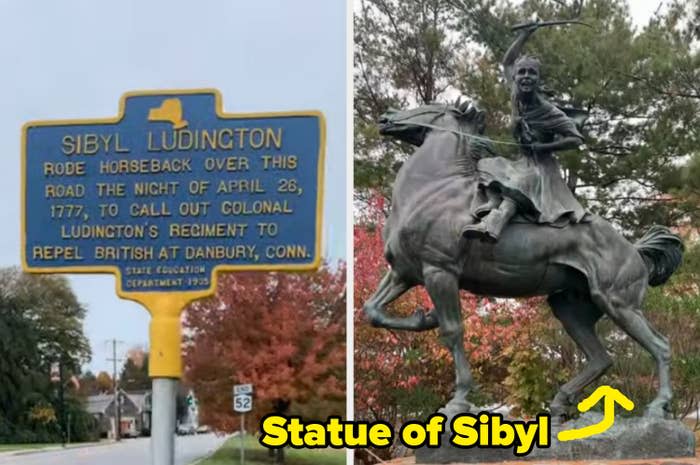
Suggested by ilovedogs1211
2.There is no evidence that Betsy Ross made the first American flag, or had any involvement in the creation of the flag at all.
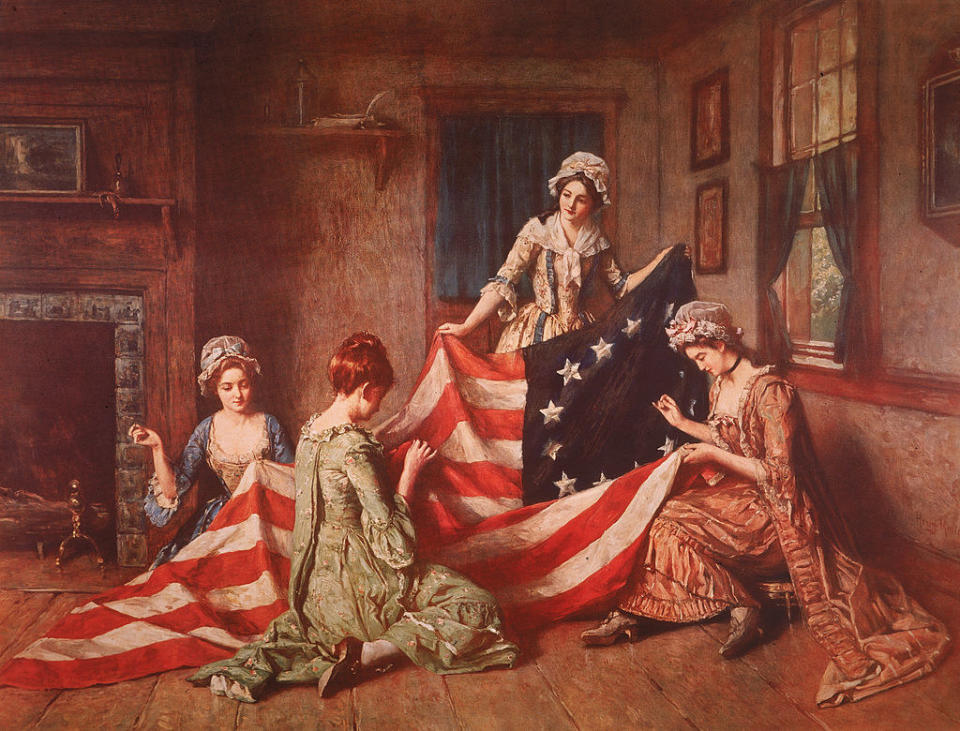
3.In fact, it's just as much of a myth as the story of George Washington and the cherry tree. The story — about a 6-year-old Washington cutting down his father's cherry tree, then admitting to it, proving the virtue of honesty — was invented by one of Washington's biographers.
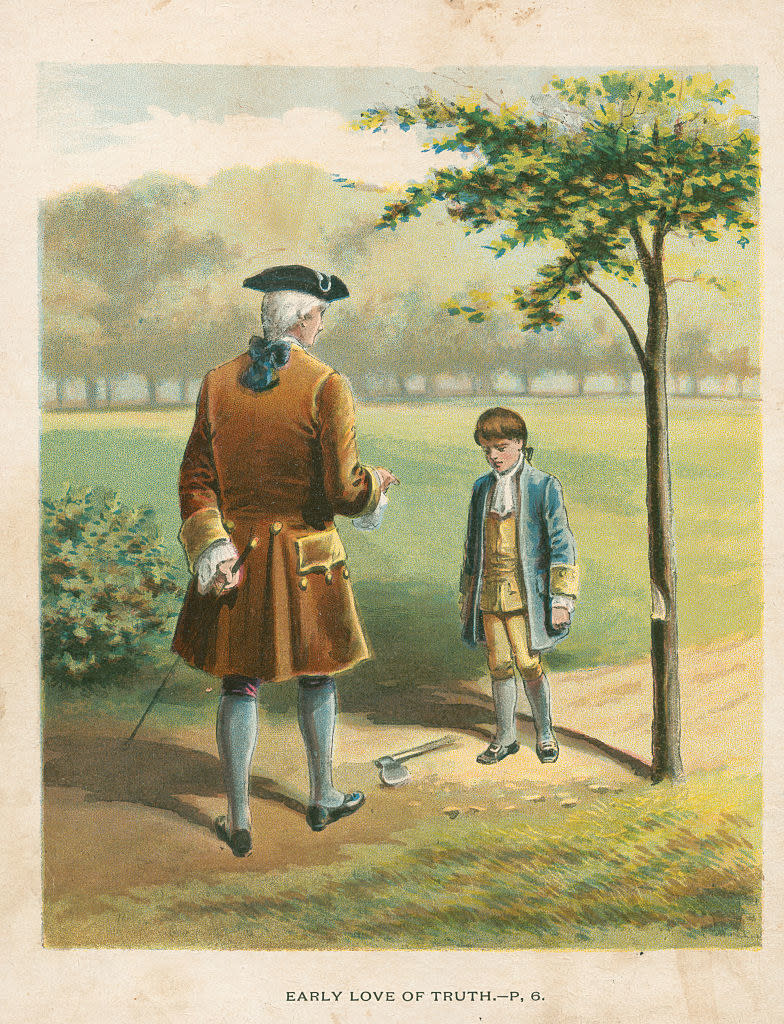
4.And speaking of George Washington...he didn't have wooden teeth. He did have dentures made, but they were made of ivory and gold. You can see a replica below.
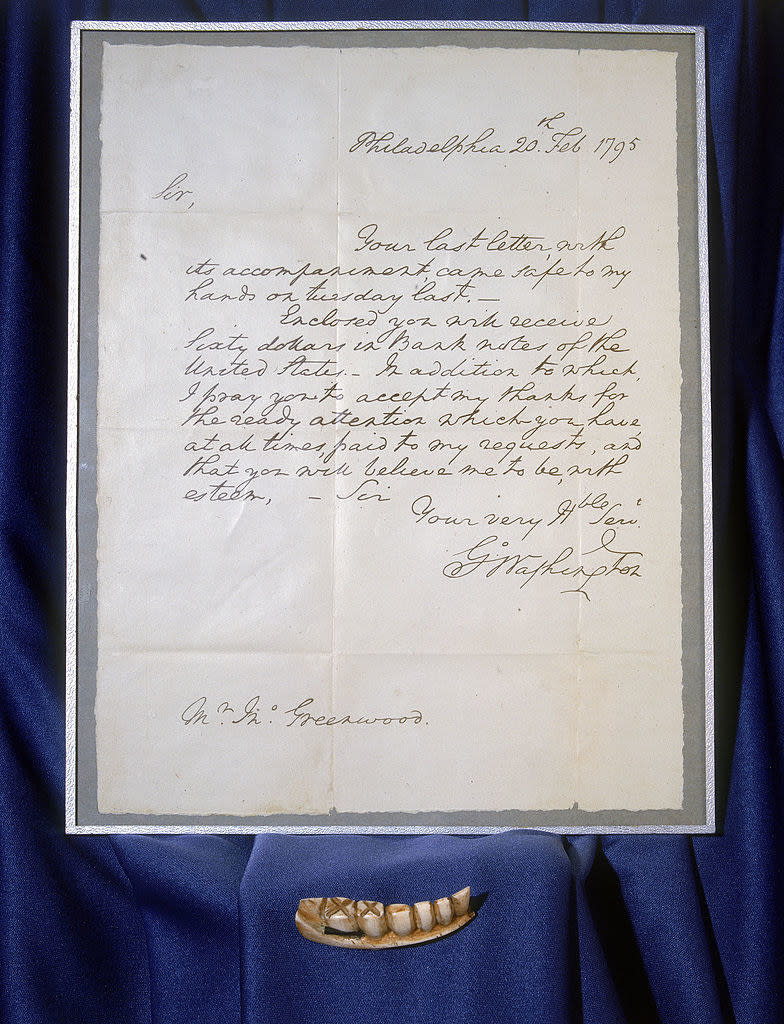
5.No "witches" were burned in the Salem Witch Trials. They were usually hanged if found guilty. Also, men were also accused of witchcraft — in fact, about 25% of those accused were men.

6.There's a BUNCH of famous US historical figures who were eugenicists (especially when it came to disabilities and mental illness), including (but not limited to) Theodore Roosevelt, Helen Keller, and Herbert Hoover.

Suggested by u/fictionrules
7.Many of the things we consider staples of American breakfast were a direct result of the rise of advertising, and advertisers simply "deciding" that something was an All-American breakfast because they wanted to sell it. This includes orange juice, breakfast cereal, and bacon and eggs — and most of it happened in the 1900s.

Suggested by u/Nashy-
8.Another way an entire culture was influenced by the rise of advertising in the US in the 19th century has to do with women's razors. In the early 1900s, razor manufacturers started promoting their products to women and claiming that body hair on women (particularly on their armpits and legs) was unseemly.
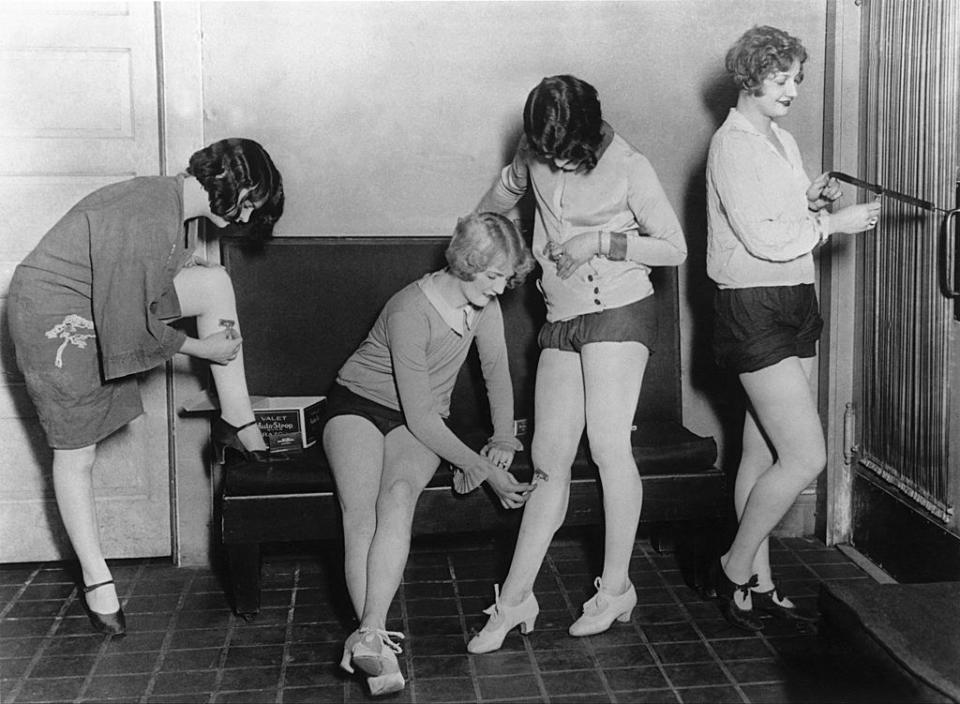
9.The US didn't just obliterate the native population of people when they settled in the US — they also caused the near-extinction of some animals, such as the buffalo. There were between 30 and 60 million buffalo in the early 1800s, but as settlers started to expand west (and built their first transcontinental railroad) over the next century, the number of buffalos dwindled down to less than 1,000.
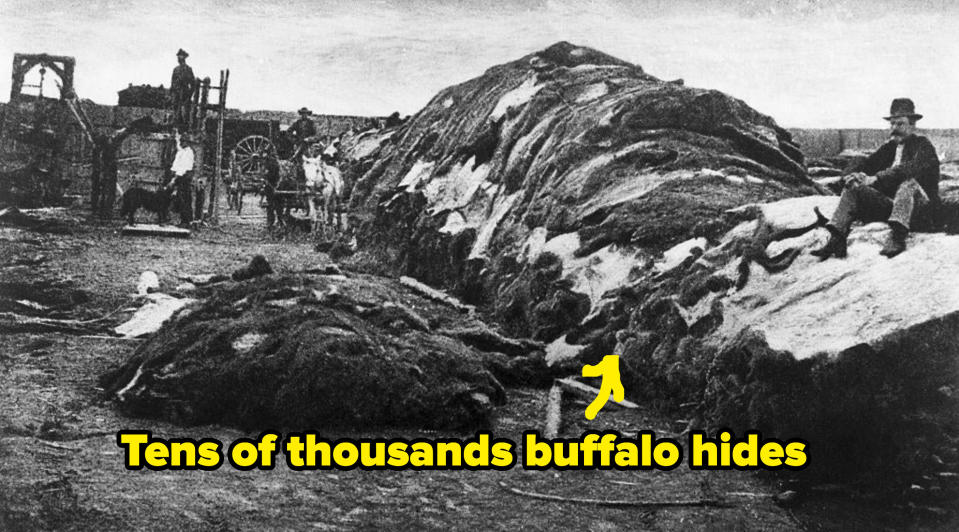
Suggested by hamiter2045
10.And European settlers directly caused the extinction of the Mexican grizzly bear. They would shoot and poison the bears, who would sometimes eat settlers' cattle.

11.The rhetoric that the atomic bombs the US dropped in Japan 100% had to be used in order to end the war (and prevent further death) is not entirely true. There is plenty of evidence to suggest the US dropped the bombs to A) prevent the Soviet Union from getting too involved in the offense against Japan, which could lead to them seizing territory, and B) intimidate and impress the Soviet Union with the US's power. There were other options to using the bombs, and there was plenty more time to consider them before the planned invasion of Japan.
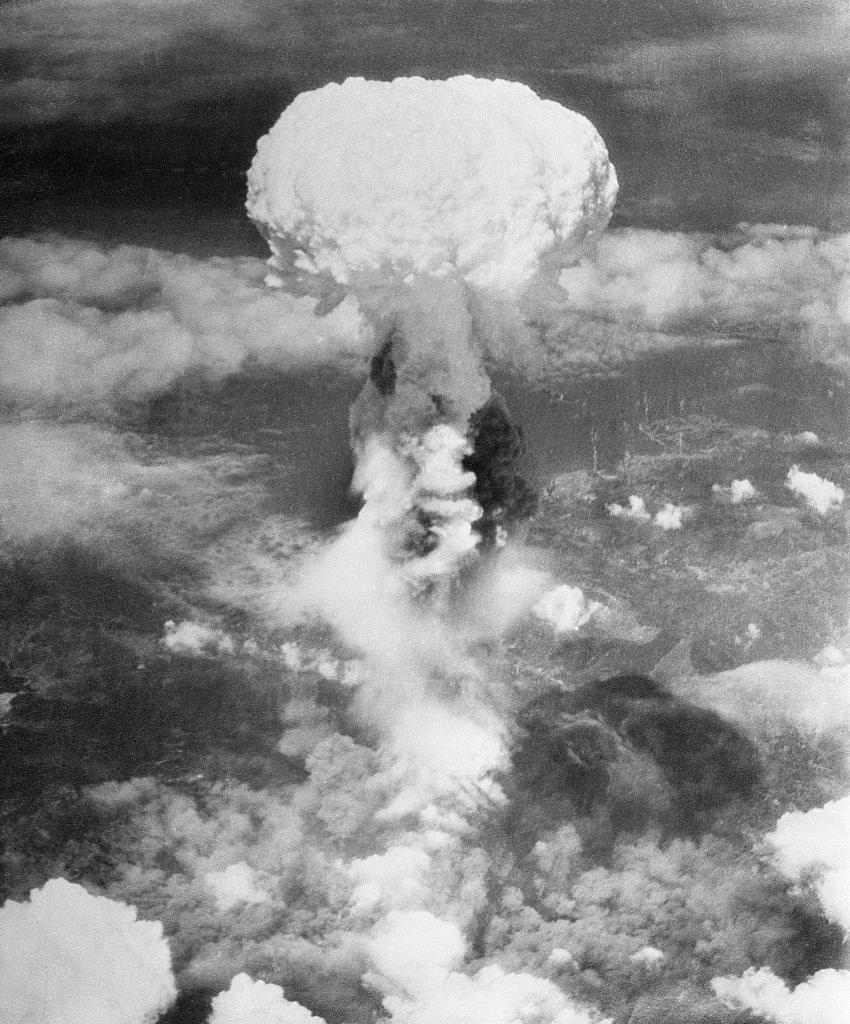
Suggested by —slippish
12.The US did not enter World War II to beat the Germans or rescue the Jewish people. They didn't even enter the war until late 1941 (it had begun in 1939), when they were attacked by the Japanese, then spent most of their time fighting them. It wasn't until 1944 (a year before the war's end, and two years after credible reports that millions of Jews were being killed) that the US actively began trying to rescue Jews. World War II was not America's great moral battle like media makes it seem, nor were they as involved as media suggests.
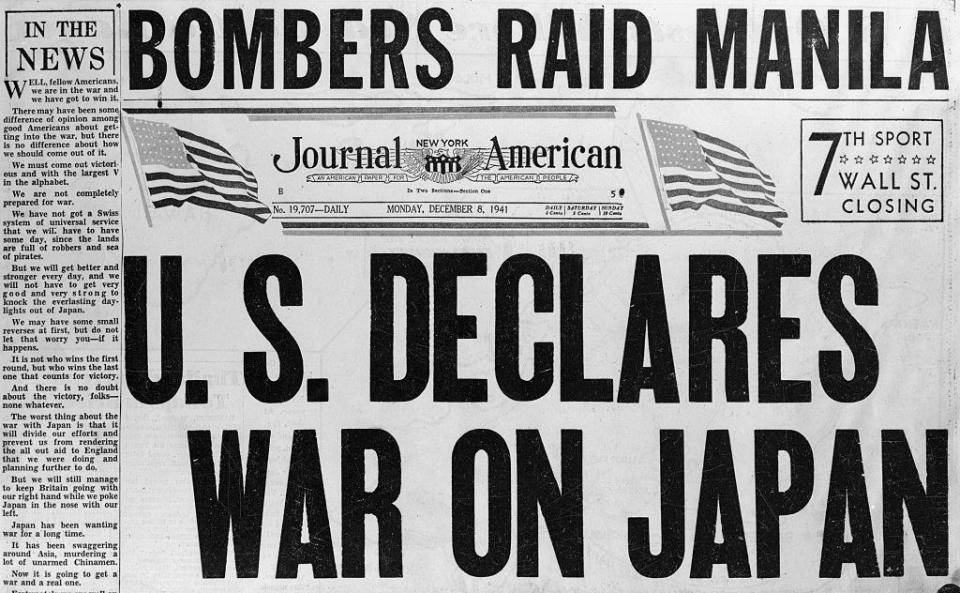
Suggested by peterh4394dacb0
13.In fact, the US actively turned away thousands of Jewish refugees during the war (right back to places under Nazi control), despite not having filled their quota for German immigrants. Countries that did accept Jewish refugees included China and the Philippines.

Suggested by u/P44, u/driving_on_the_moon, and u/andre075
14.The Texas Revolution is often sanitized in history books, particularly in Texas. One of the main causes of the revolution was not a patriotic desire for freedom from Mexico, but instead to preserve slavery. Mexico had outlawed the practice, which upset Texans, whose main industry was cotton.
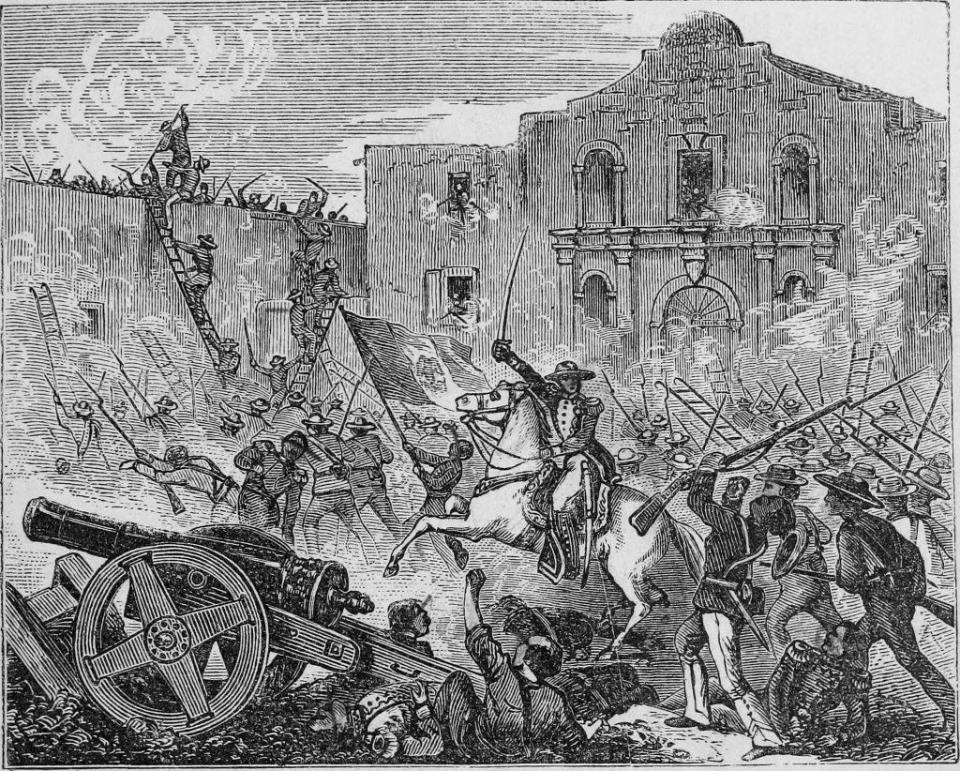
As this Reddit user puts it..."Everyone at the Alamo essentially died to preserve slavery. Yay."
15.The Georgia state flag did not always feature a Confederate flag. It was actively added as a response to the Civil Rights Movement in 1956, and lasted until 2001.
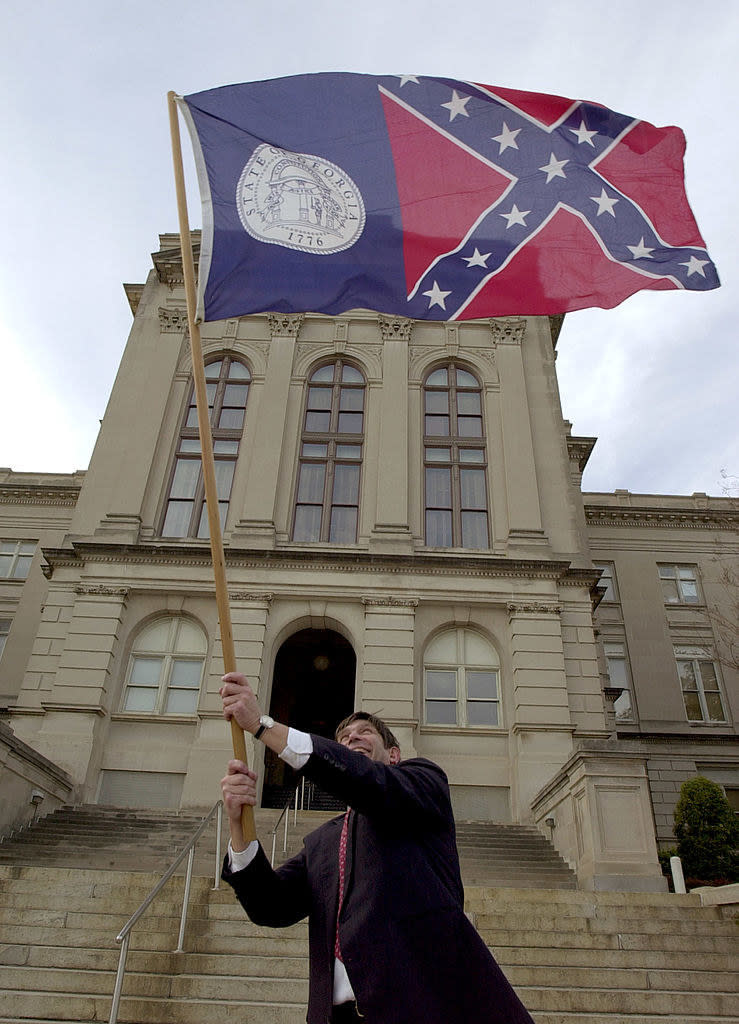
Suggested by u/HokieNerd
16.When the slave trade was banned, the slave industry continued to flourish in America because people essentially "bred" slaves. In fact, the slave trade wasn't banned as an act to curb slavery, but rather because the slave trade was flooding the market with too many slaves, which reduced prices slaves would be sold at in the US and hurt slaveowner profits.
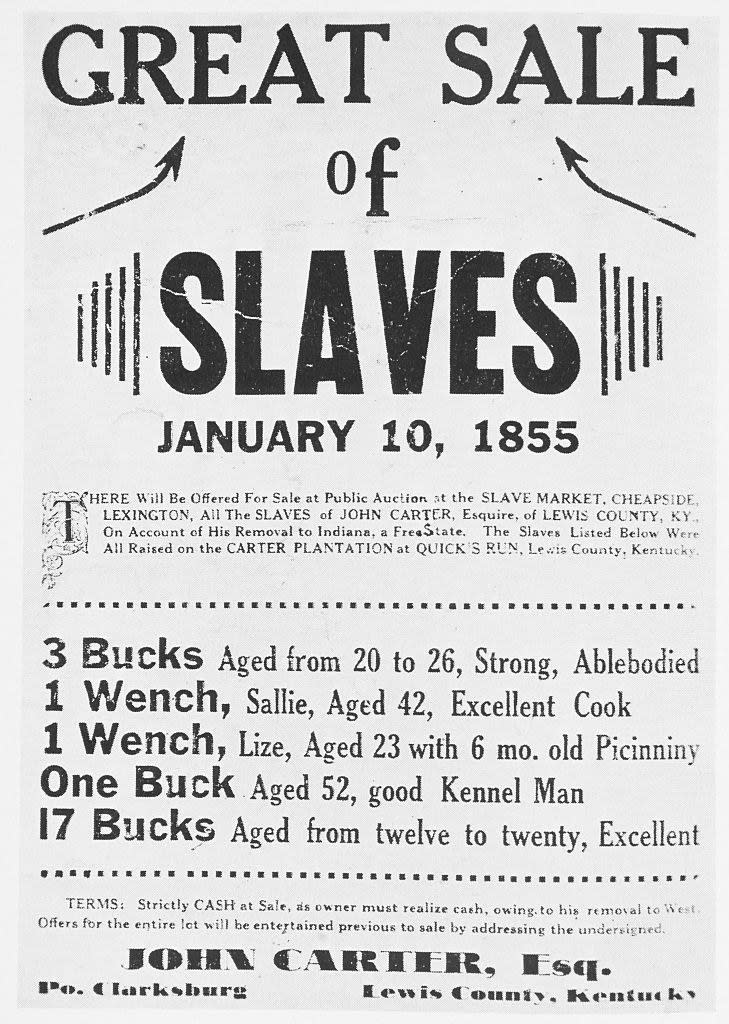
Suggested by u/no_onion_no_cry
17.Relatedly, the only reparations that have been paid out over American slavery have gone to slaveowners, not anyone who was enslaved or their descendants.
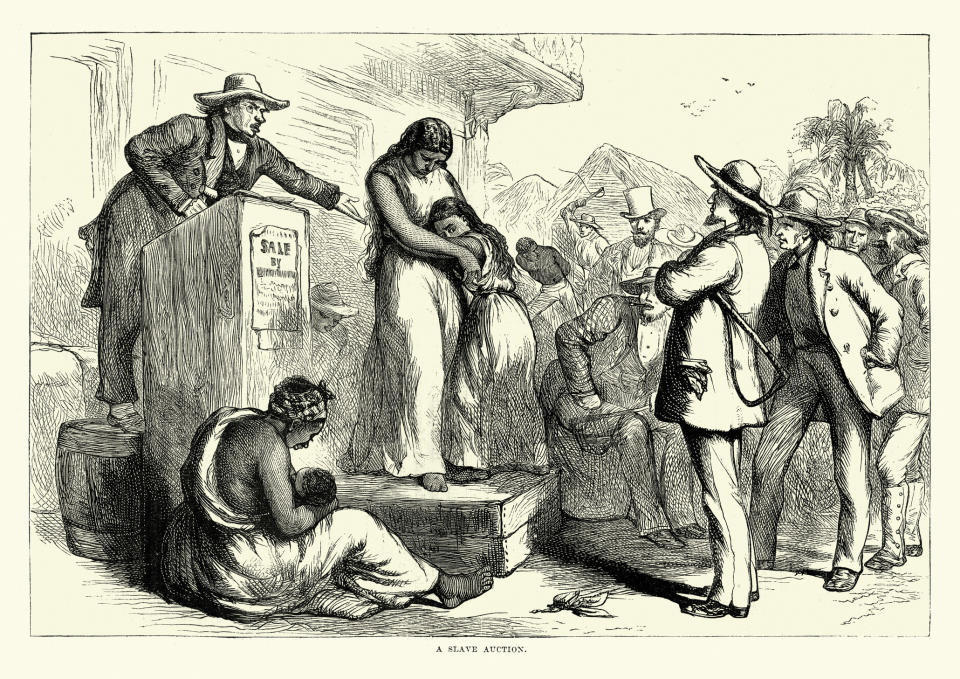
Suggested by u/Low_is_Sleazy
18.Speaking of slaves...Polish military leader Tadeusz Kosciuszko, who fought in the Revolutionary War and was a good friend of Thomas Jefferson, asked Jefferson in his will to ensure that money from his US estate was used to free slaves upon his death. When Kosciuszko died, Jefferson did not honor his friend's wish — despite the fact that he had long been against slavery (except for the fact that he himself owned slaves). He actually stepped down as the will's executor.
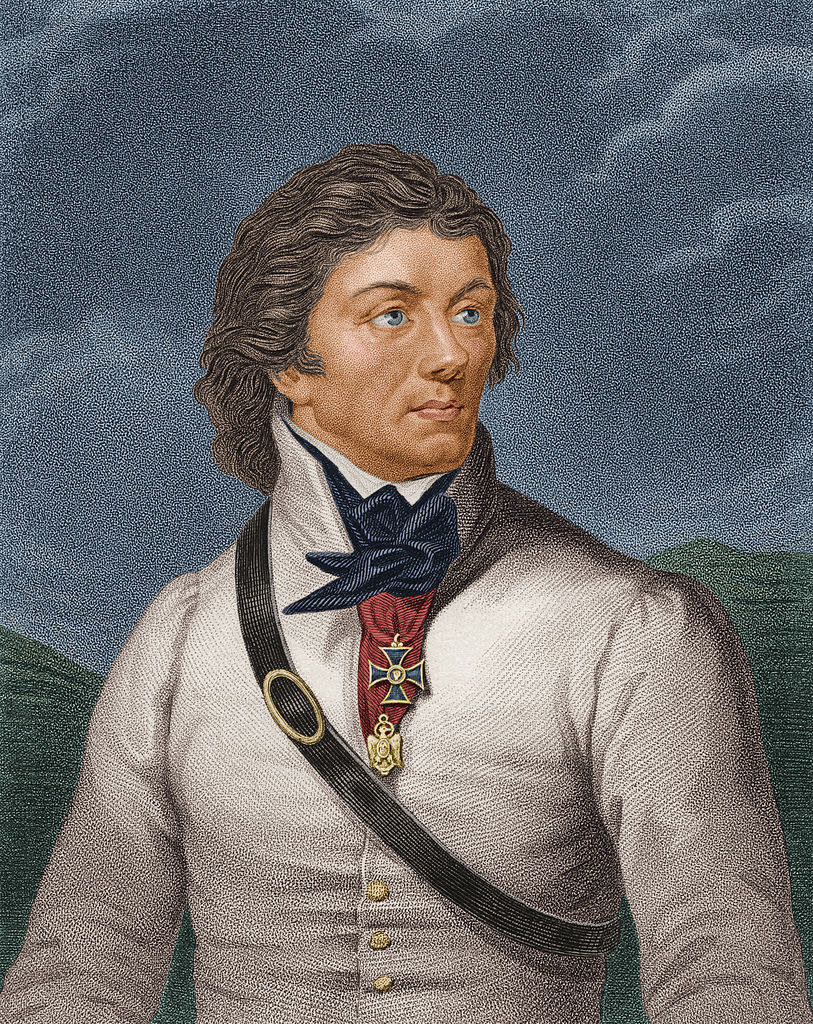
Suggested by u/meglandici
19.Alexander Hamilton was not quite the guy Hamilton wants you to think he is, and his political ideas weren't quite the picture of democracy: He wanted the president to be in office for life, and distrusted any kind of popular vote.
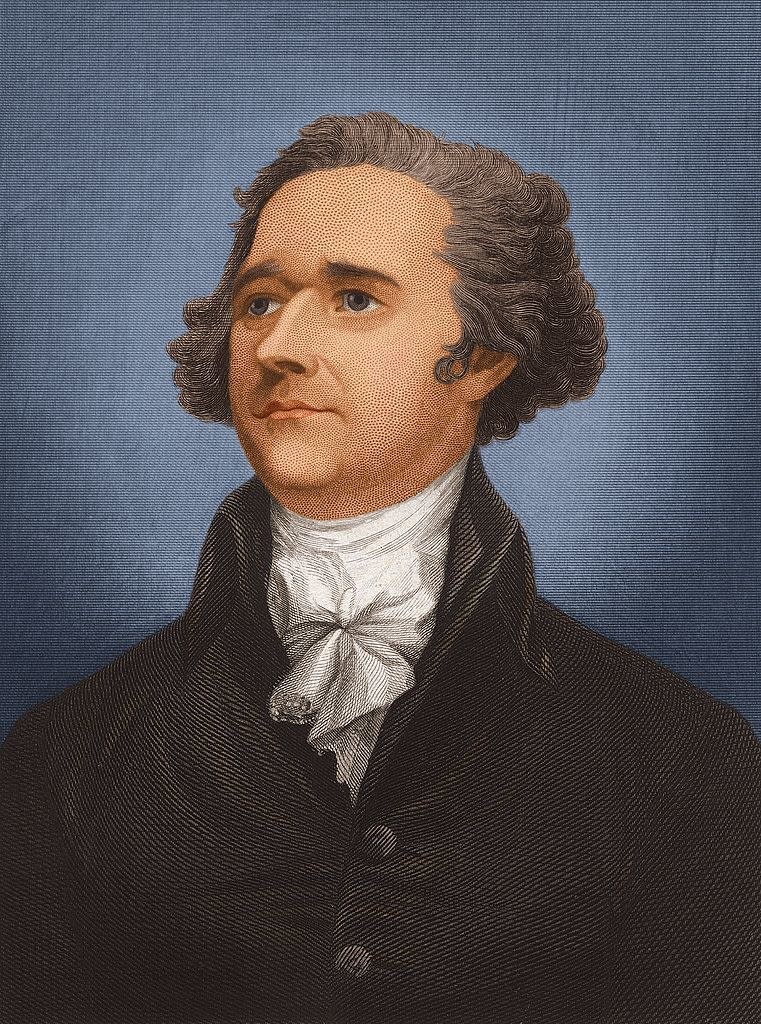
Suggested by u/CptJaxxParrow
Also, re: his duel with Burr...it happened several years after the Election of 1800, which gets lost in the play. Some have hypothesized Burr challenged Hamilton to a duel because he accused Burr of sleeping with his own daughter. Like in the musical, Hamilton did leave a letter behind stating he was going to throw away his shot, and affirmed this after he was shot...but some believe this was all done in order to ruin Jefferson's reputation and secure his own legacy.
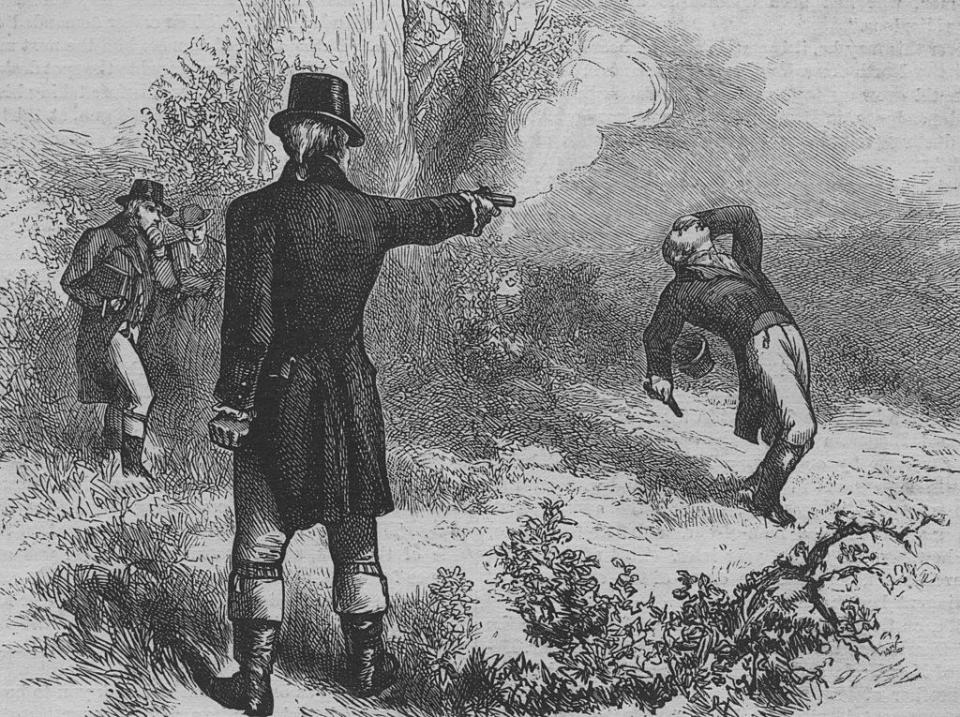
20.Labor Day's origins are shrouded in blood. Back in the 1800s, Labor unions were also considering making May 1 the holiday honoring workers — it's a worker's holiday internationally, and they had set a strike for an eight-hour workday on that day. But the US government chose to support a September version of the holiday instead, specifically so that May 1 would not be a US labor holiday. Why did they want to avoid this? First of all, they wanted to keep their workers from even more solidarity with international workers fighting for the same rights. Also...remember that strike I mentioned on May 1? It didn't end well.
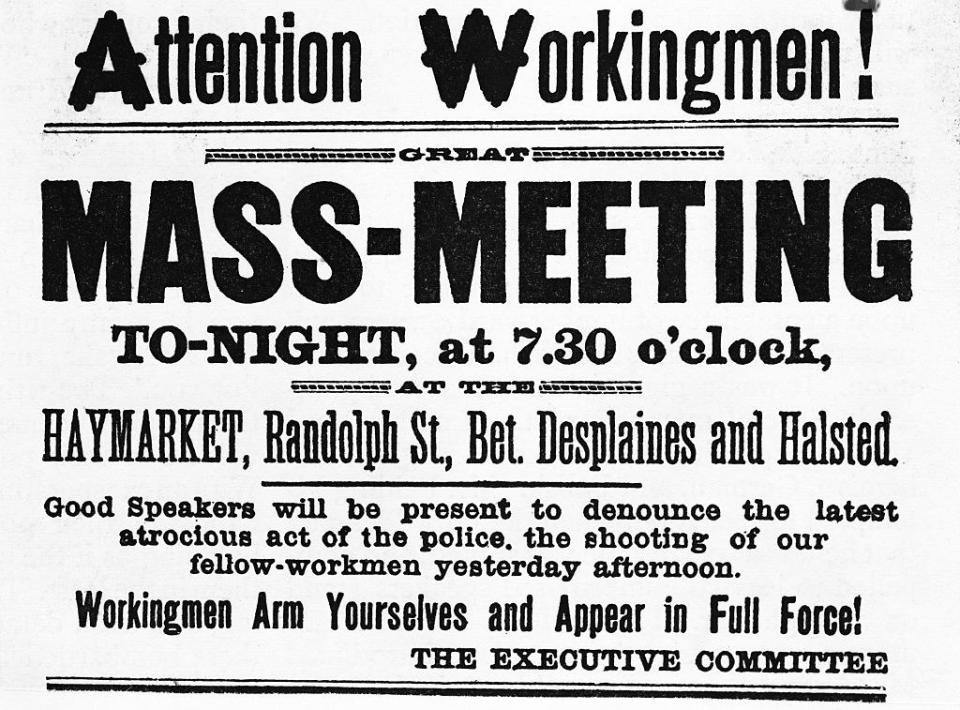
Suggested by u/Young_Hek
The Haymarket rally (which itself was in part to protest police violence that had killed two workers the night prior) became a riot when someone threw a bomb at police — eight labor activists were blamed (even though they all had alibis), and four of them were hanged (with a fifth dying by suicide the night before he was meant to be hanged). The trial and subsequent hangings were controversial due to the lack of evidence, and even prompted the men to be viewed as martyrs, inspiring other labor workers to rise up. The US wanted to avoid commemorating this event and emboldening workers to fight even harder for their rights.
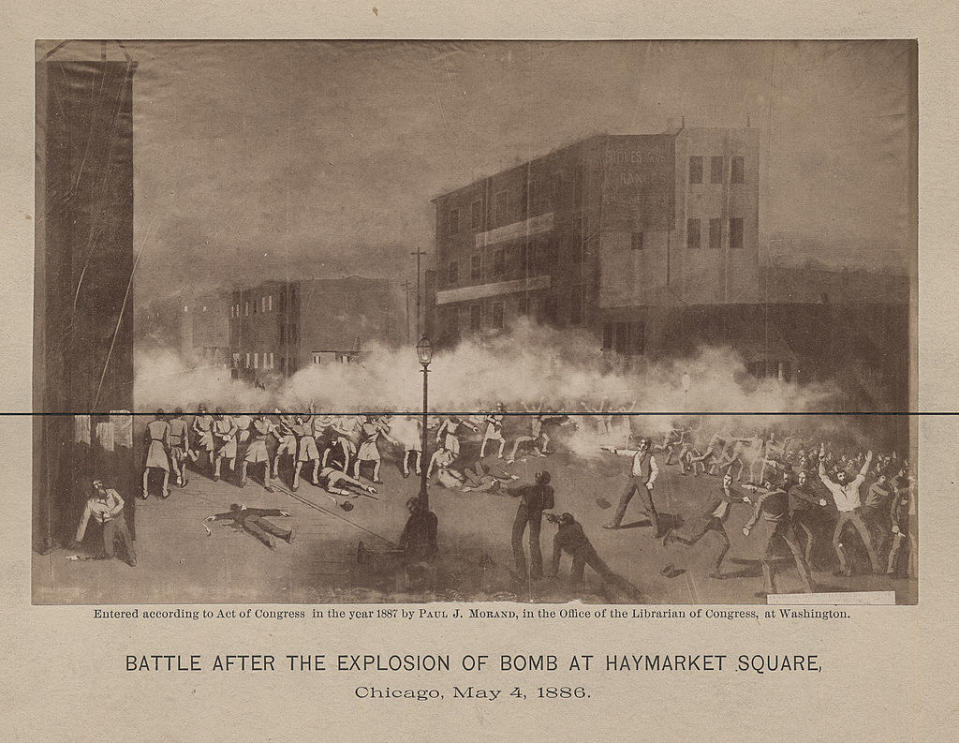
21.And finally, let's end on one that's just plain weird: Corn flakes were invented to prevent masturbation. John Harvey Kellogg, who invented corn flakes and started the Kellogg brand, believed that a plain diet (including his cereals) would make people masturbate and have sex less. He was also a strong proponent of celibacy and circumcision (including female circumcision) in cases where people could not kick masturbation.
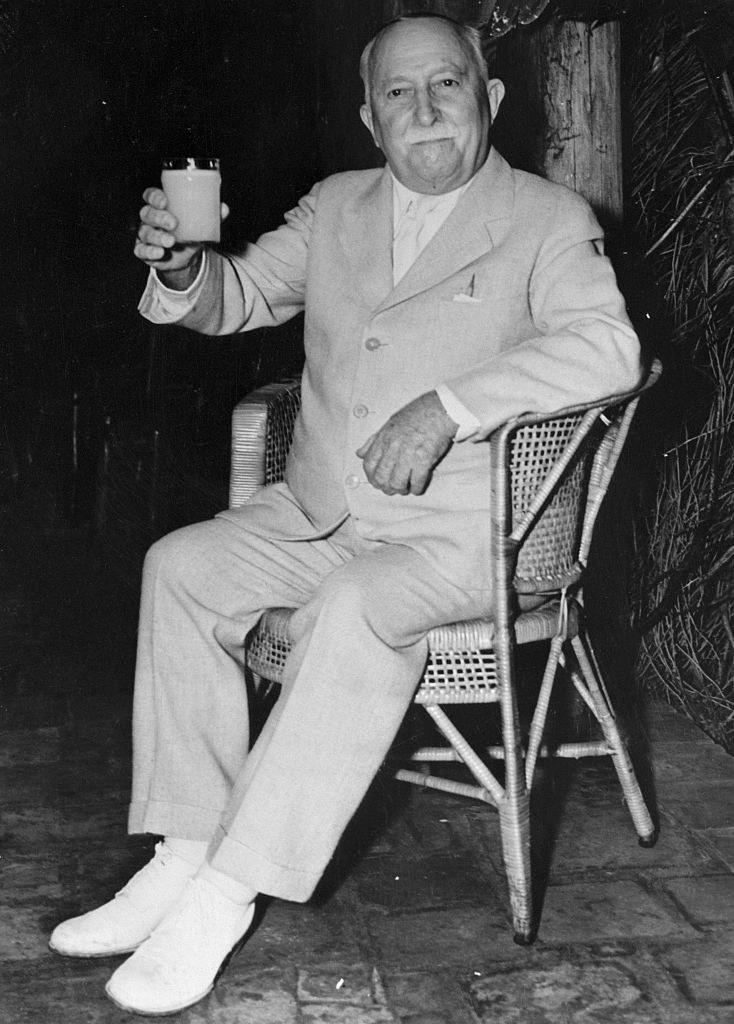
Suggested by u/Cerberus1349
What historical fact about the US challenged what you thought you knew? Let us know in the comments below!
May. 10, 2023, at 18:04 PM

